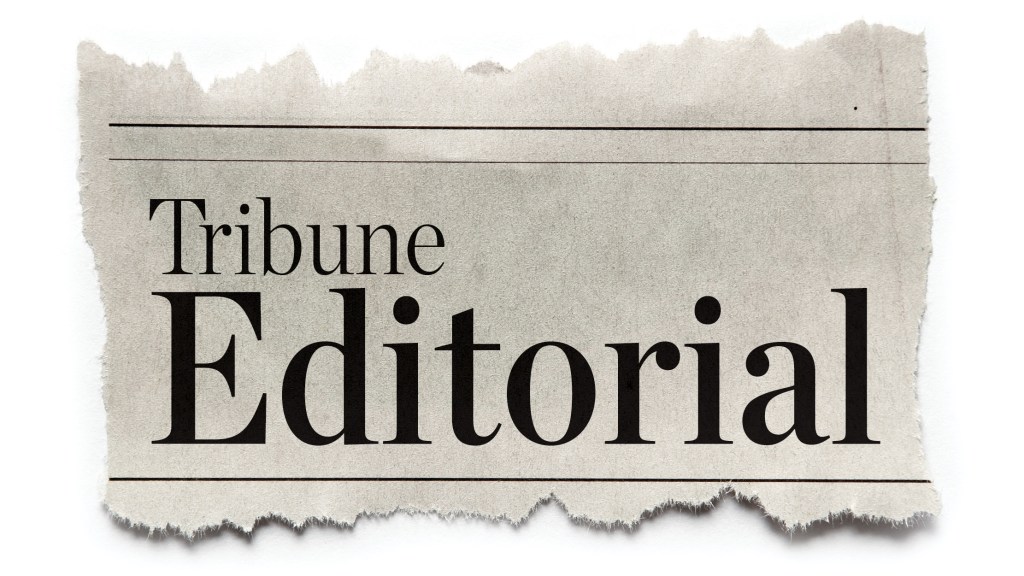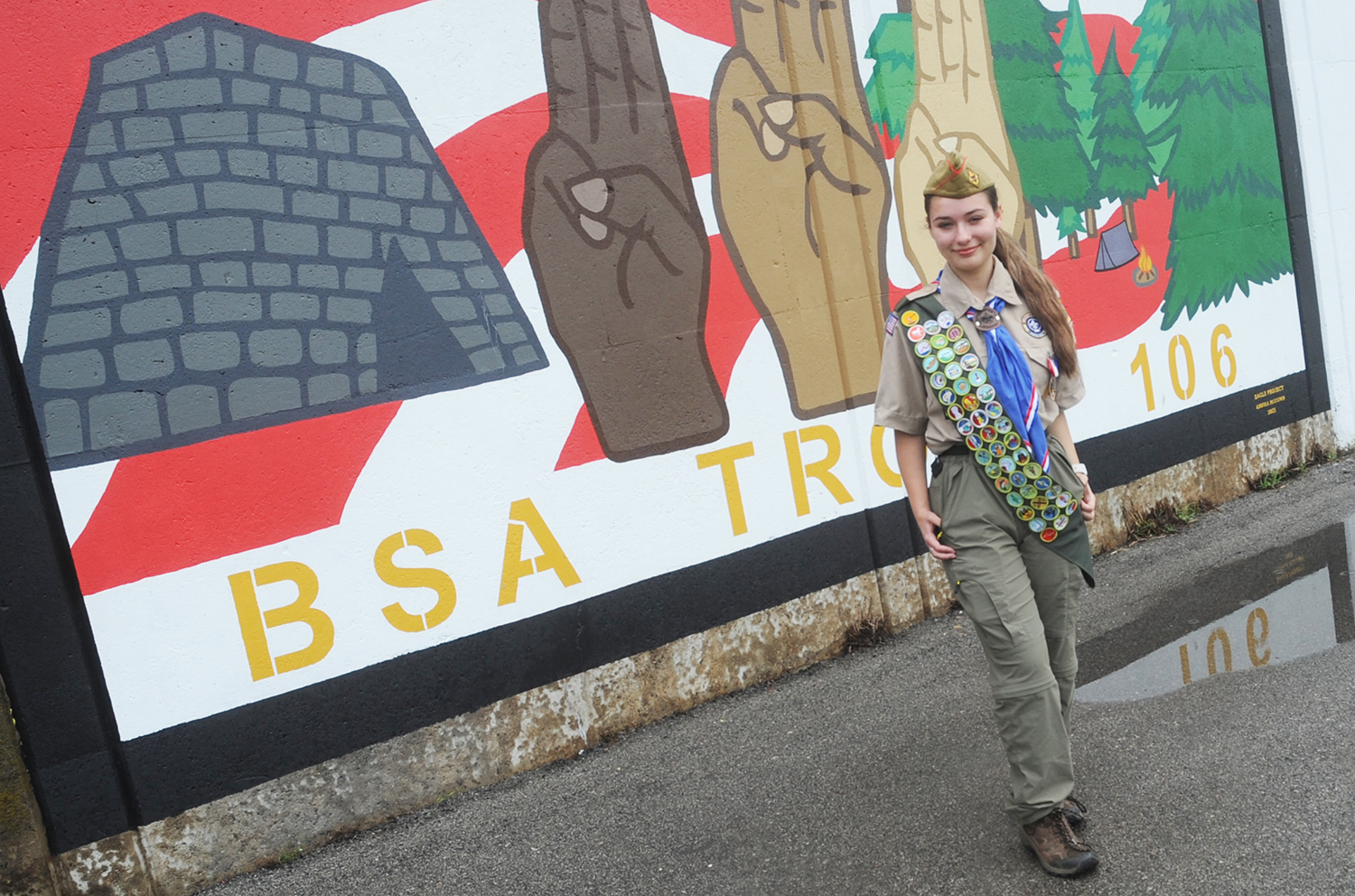EDITORIAL: Ironton needs re-examine run-off races
Published 12:00 am Wednesday, November 15, 2023
Cue the Sonny and Cher music, as it feels like we’re living in a time loop:
In less than a week, voter in Ironton will go to the polls to elect a new mayor.
A runoff election is scheduled for Monday and Tuesday, this time with voters going in person to the Lawrence County Board of Elections to cast their choice between incumbent Mayor Sam Cramblit II and challenger Amanda Cleary.
With only two weeks to prepare, there will be no absentee ballots in the race and voting is limited to one location.
It is the third time this year, counting August’s statewide special election, in which voters will have a different location to report to.
And, given the limited timeframe, it limits the ability of the board to notify the public of the changes and the format for next week’s race.
If all of that seems like it’s not the ideal way to do things, you would not be alone in sharing that sentiment. Election officials have expressed their frustrations about the difficulty.
But the fault here lies not with the board of elections, who, in addition to having the August election mandated on them by the state, now have to go about a special election for the city, which was not set by them.
The rules for such a runoff are set by Ironton’s city charter, and Ironton is the only municipality in the county that has such an election.
Going forward, it may be time to re-examine such a setup.
The city could look to other parts of the country, where runoffs are implemented, such as Georgia, who had two U.S. Senate runoffs in 2020.
In those elections, voters were given a month until the second election, which allowed for better preparation and execution of voting.
Another possibility is to eliminate the runoff entirely and go to a plurality system, like all other elections in the county, where the candidate with the most votes wins, but we’re not entirely sure that is the best option.
Given the crowded fields that can come about in a mayoral race in Ironton (this year’s race featured five candidates on the ballot), you could end up with the vote being split and a winner conceivably emerging with less than 30 percent of voters backing them.
But there is a solution to this that would has infrastructure already in place– the primary election in the county.
While the mayoral race is a nonpartisan one, without candidates running by party, that does not mean it could not take place through primary voting.
By starting with the larger field in the spring primary, still listing candidates without party, the field could be narrowed there, with the two highest-earning votegetters moving onto the general election.
This would also provide a better chance for voters to learn about the candidates in a head-to-head race, something that is difficult in a crowded field.
This is a problem we saw at this year’s candidate forum, where, with five candidates on stage, as well as those running for council, there was only so much time possible for anyone to speak and, as a result, the discussion was not as in-depth as it could have been.
So there are ways to improve the process, while keeping things nonpartisan and ensuring that an eventual victor is representative of the public’s will.
We hope that, after the dust is settled next week, officials in the city will look into ways to improve the process.






